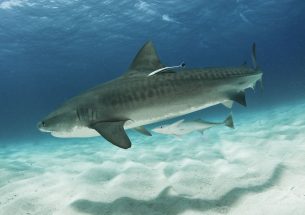News and Opinion
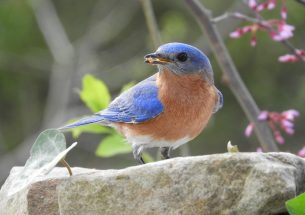
Feeding bluebirds helps fend off parasites
READ MORE about Feeding bluebirds helps fend off parasites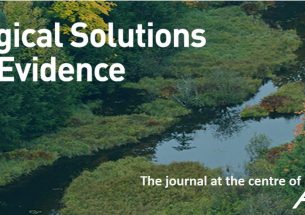
British Ecological Society launches new journal: Ecological Solutions and Evidence
READ MORE about British Ecological Society launches new journal: Ecological Solutions and Evidence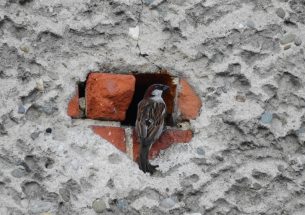
Energy-saving modernisation of villages may reduce farmland bird numbers
READ MORE about Energy-saving modernisation of villages may reduce farmland bird numbers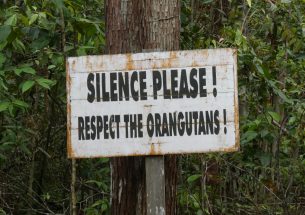
Closer scientific collaboration needed to save orangutan, say leading experts
READ MORE about Closer scientific collaboration needed to save orangutan, say leading experts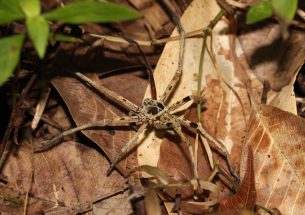
Global study finds predators are most likely to be lost when habitats are converted for human use
READ MORE about Global study finds predators are most likely to be lost when habitats are converted for human use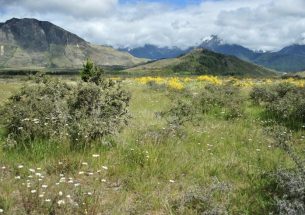
The temporal dimension of the ‘alien attack’ in plant-pollinator communities
READ MORE about The temporal dimension of the ‘alien attack’ in plant-pollinator communities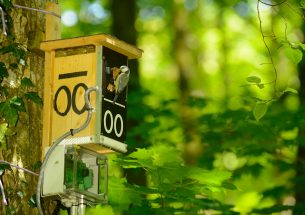
First come, first bred
READ MORE about First come, first bredFish species benefit from marine protection to varying extents – common and exploited species profit most
READ MORE about Fish species benefit from marine protection to varying extents – common and exploited species profit most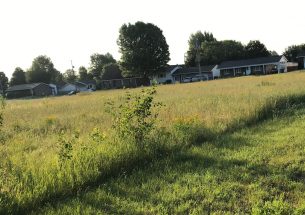
Mowing urban lawns less intensely increases biodiversity, saves money and reduces pests
READ MORE about Mowing urban lawns less intensely increases biodiversity, saves money and reduces pests
Plant-eating insects disrupt ecosystems and contribute to climate change
READ MORE about Plant-eating insects disrupt ecosystems and contribute to climate change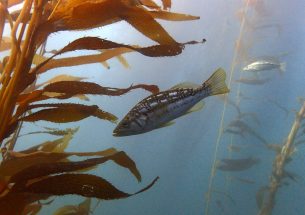
CSUN study demonstrates marine protected areas are most effective in overfished areas
READ MORE about CSUN study demonstrates marine protected areas are most effective in overfished areas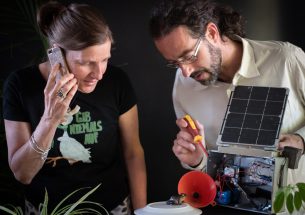
Dial-a-frog - researchers develop the ‘FrogPhone’ to remotely call frogs in the wild
READ MORE about Dial-a-frog - researchers develop the ‘FrogPhone’ to remotely call frogs in the wild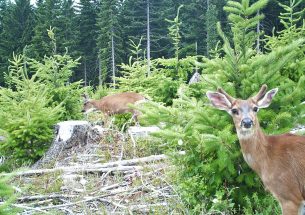
Often derided as pests, deer and elk can help young Douglas-fir trees under some conditions
READ MORE about Often derided as pests, deer and elk can help young Douglas-fir trees under some conditions
Through the eyes of animals
READ MORE about Through the eyes of animals